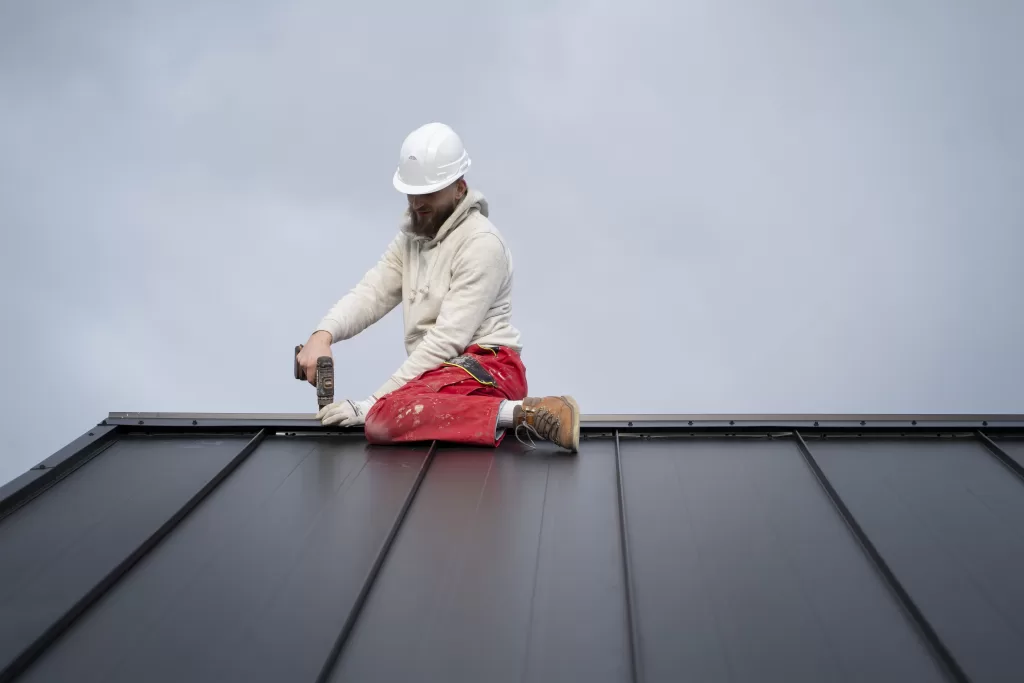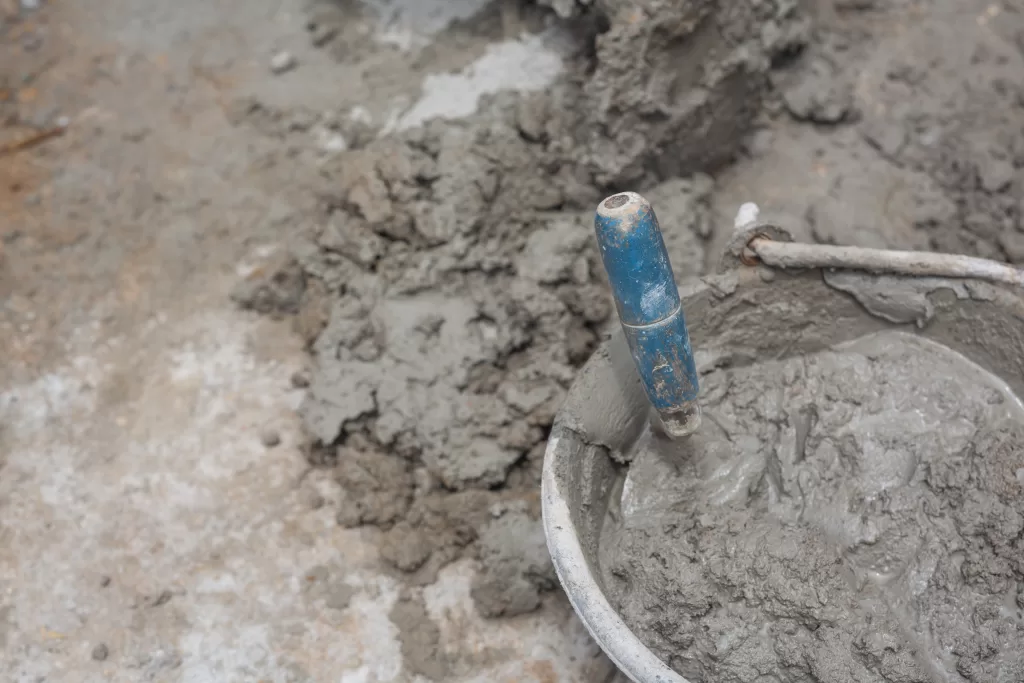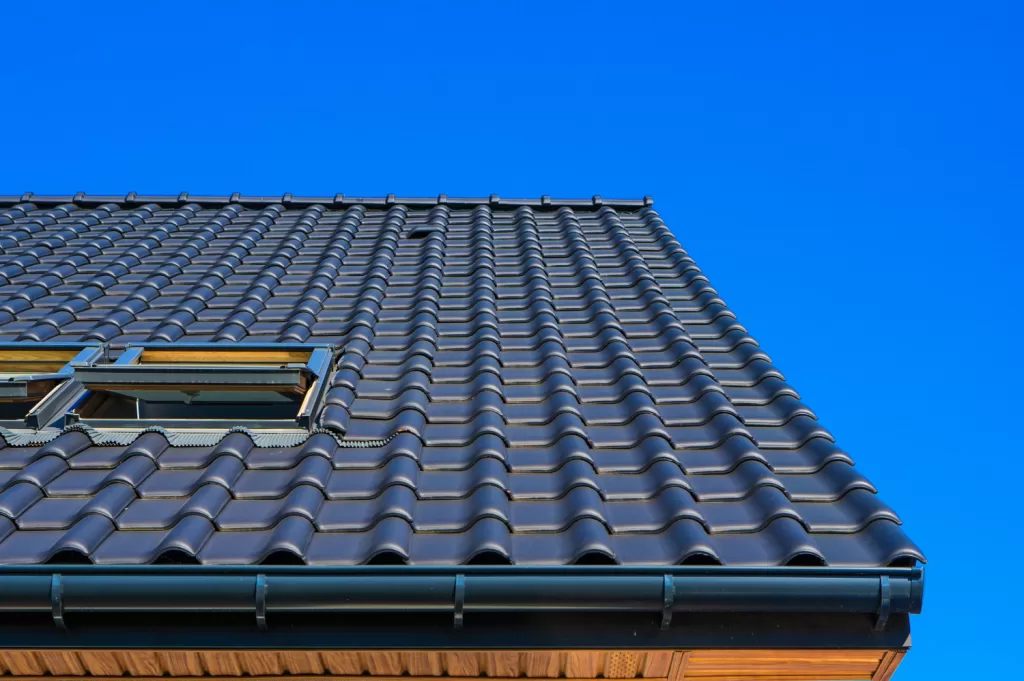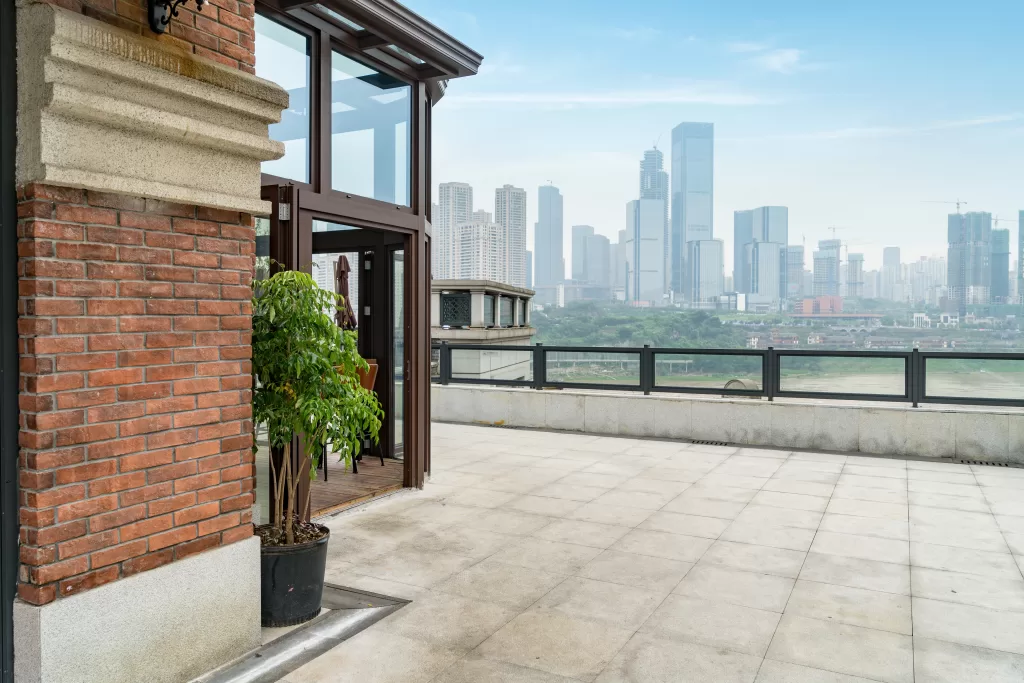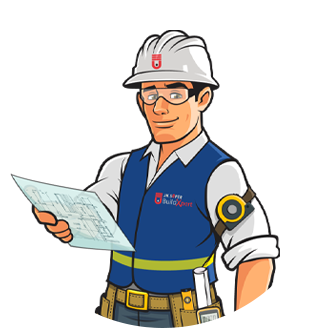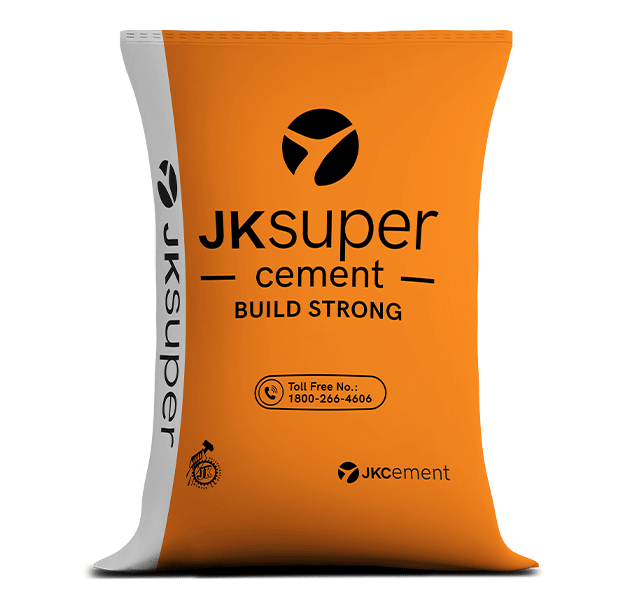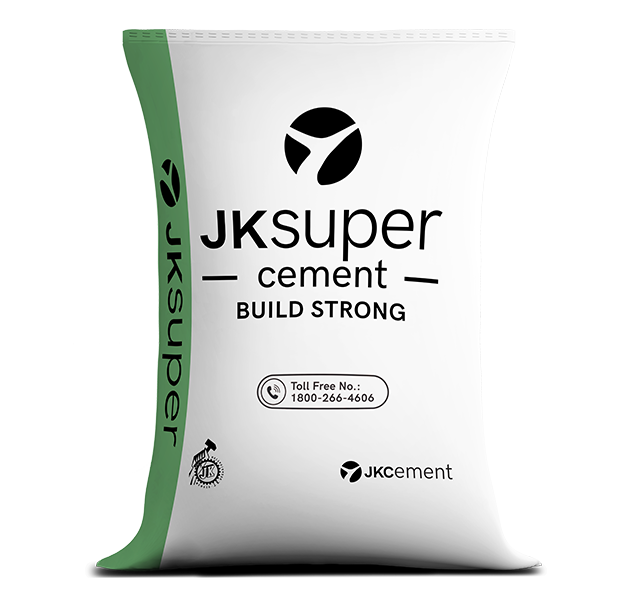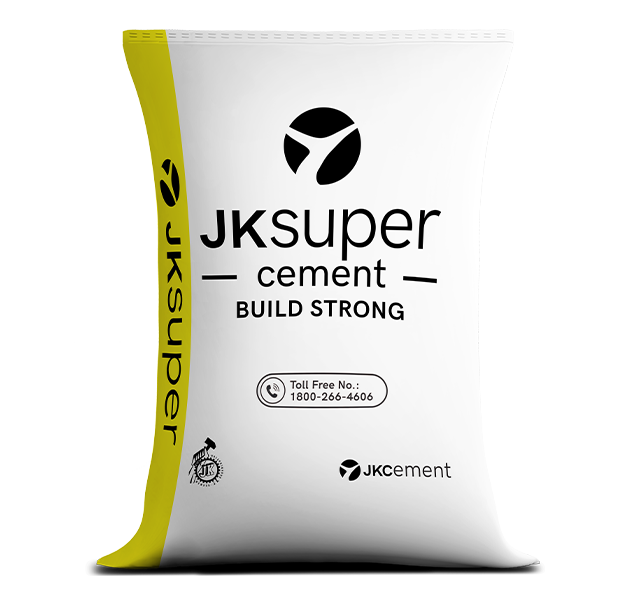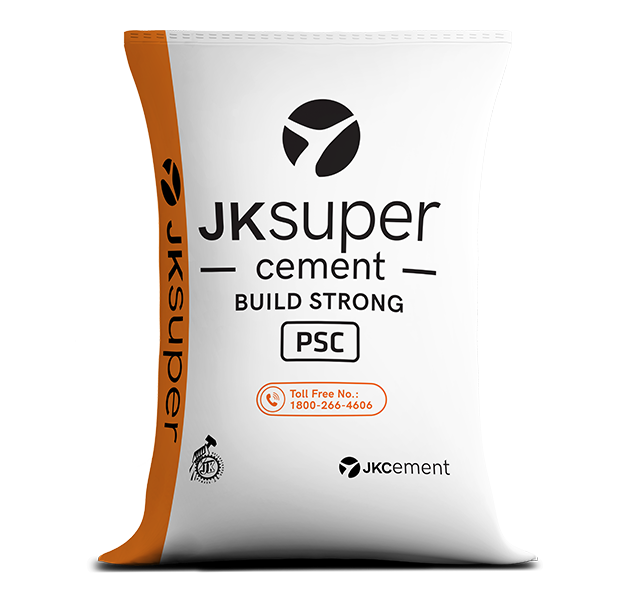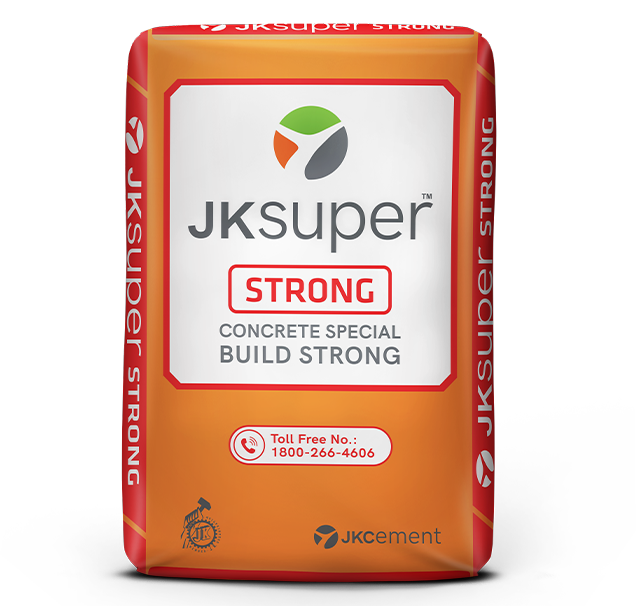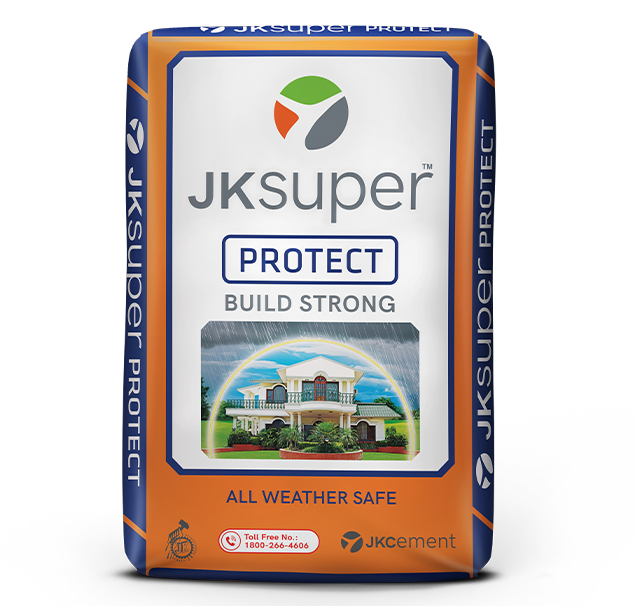The roof, a property’s paramount element, also bears the major brunt of rainfall. Traditional Indian architecture employs sloped roofs to channel rainwater through a drainage system. But with the changing times, modern construction trends prioritise flat roofs for quicker, more cost-effective buildings. Yet, flat roofs can accumulate water, leading to eventual leaks and structural damage. Additionally, waterlogging may corrode and degrade supporting steel bars. To protect your roof from such issues, you can consider roof slab waterproofing. Continue reading to learn how to waterproof a roof with effective tips.
Waterproofing Tips for Roof Slabs
You can follow the below-mentioned tips for waterproofing your roof slab:
Identify the Causes of Slab Water Leakage and Damage
Considering the structure of your roof construction project, you can identify the potential causes of water leakage and damages affecting the slab. Typically, weathering leads to cracks, de-bonding, and degeneration of waterproofing material. Additionally, poor material quality and inexperienced workmanship can lead to problems with waterproofing. When you think of such possibilities, you can take the necessary protective steps during waterproofing.
Prepare the Slab Correctly for Waterproofing
The waterproofing treatment used in slab construction for the roof should adhere firmly to the surface. To ensure this, you can focus on roughening the levelling course of the surface when the concrete is green. If the surface is not roughened before the concrete sets, the proper key must be provided for the base layer of the cement mortar before executing the waterproofing work. After cleaning and preparing the surface, you can ensure the cement slurry is blended properly. The quantity of cement is to be measured perfectly. Typically, a 25mm thick cement mortar base can cover the entire surface in half an hour for proper layering and support.
Identify and Fix Cracks Before Waterproofing
If you already have cracks on the roof surface, they must be covered before proceeding with waterproofing. Doing so ensures the proper hold and effectiveness of waterproofing in the long run. You can identify gaps throughout the surface and fill them with cement sand slurry. You also need an adequate number of openings and fillets at the junction of the roof and parapet to avoid waterlogging and leakages in the future.
Do Not Forget Heat Insulation
Besides water retention due to rain, heat can also affect your roof’s long-term condition. Heat insulation is one of the crucial roof waterproofing tips because it helps regulate the temperature and prevents condensation. When the roof gets too cold, it can cause moisture buildup, leading to potential water damage and leaks. By insulating the roof, you can create a barrier that keeps the temperature balanced, reducing the chances of condensation and protecting your roof from water-related issues.
Consult a Professional
Even with the best tips, getting waterproofing for your roof slab can be challenging without technical knowledge. As it is a long-term investment, it helps to consult a professional who has the expertise to provide you with the right solutions. They can avoid mistakes that can lead to costly repairs and further damage. Professionals also know the best materials, techniques, and effective procedures to ensure waterproofing that lasts.
Invest in the Right Roof Waterproofing Products
The effectiveness and durability of waterproofing for the slab on the roof are directly influenced by the kind of materials you use. Using high-quality materials designed specifically for your roof type creates an appropriate barrier against water infiltration. You must carefully curate all the materials ranging from admixtures, impregnation, film-filling membranes, surfacing, joint seal, and grouting.
How to Extend the Lifespan of Waterproofing for the Slab?
To maintain the effectiveness of the roof slab’s waterproofing and to prevent leaks and other damages to the slab, you must continue with certain practices after the waterproofing is done. One of the crucial steps is to conduct an inspection regularly. Keeping a periodic check on your roof helps you identify any gaps or issues developing after waterproofing. You should also limit foot traffic on the roof to reduce the risk of damaging the waterproofing layer. Additionally, you can apply a protective coating to enhance its resilience against weather elements. During the inspection, look for cracks, flashing, and sealants and cover them tightly to prevent water leaks. Another aspect is checking for moss and algae that can cause extensive damage to the roof’s waterproofing if left unchecked. By following these practices, you can extend the life of waterproofing on your roof.
Get high-quality water-resistant cement for protecting your roof from one of the country’s largest cement companies, JK Cement.
FAQs
Which type of cement is suitable for roof waterproofing?
Note that cement cannot be completely waterproof. Cement is widely regarded as a suitable option for roof waterproofing due to its exceptional adhesive properties and durability. This particular cement variety generates a mortar mix that establishes a robust bond with the roof surface, consequently creating a dependable barrier against water penetration. Portland cement and its variants boast easy application, cost-effectiveness, and wide accessibility.
Which method is best for terrace waterproofing?
Some of the methods widely used for roof/terrace waterproofing are as follows:
Modern waterproofing methods
- Polymerised bitumen
- Atactic Polypropylene Polymeric (APP) membrane waterproofing
- Waterproofing by cement and liquid polymer crystallisation
- Fibre-reinforced elastomeric liquid waterproofing membrane
- Nanotechnology waterproofing
- Water slop tape that is swellable
Traditional waterproofing practices
- Mud phuska waterproofing
- Terracing with black brick bat coba
- Terracing with lime concrete
- Bituminous surface treatment
- Bitumen felt waterproofing
The best method for waterproofing among these options depends on the needs and structure of your roof/terrace.
Can roof waterproofing be carried out on existing coatings or previous waterproofing attempts?
Yes, it is possible to perform roof waterproofing on existing coatings or surfaces that have undergone previous waterproofing attempts. However, it is essential to assess the condition of the existing coating thoroughly before proceeding. Ensuring that the current coating is in good condition is crucial before applying new waterproofing layers. If any damages or signs of wear out are identified, appropriate repairs or the removal of the old coating may be necessary prior to applying the new waterproofing layer.
How long does roof waterproofing typically last?
Roof waterproofing typically has a lifespan of five to ten years, which can vary based on several factors. These factors encompass the quality of materials utilised, prevailing weather conditions, and the level of maintenance performed on the waterproofing system.

